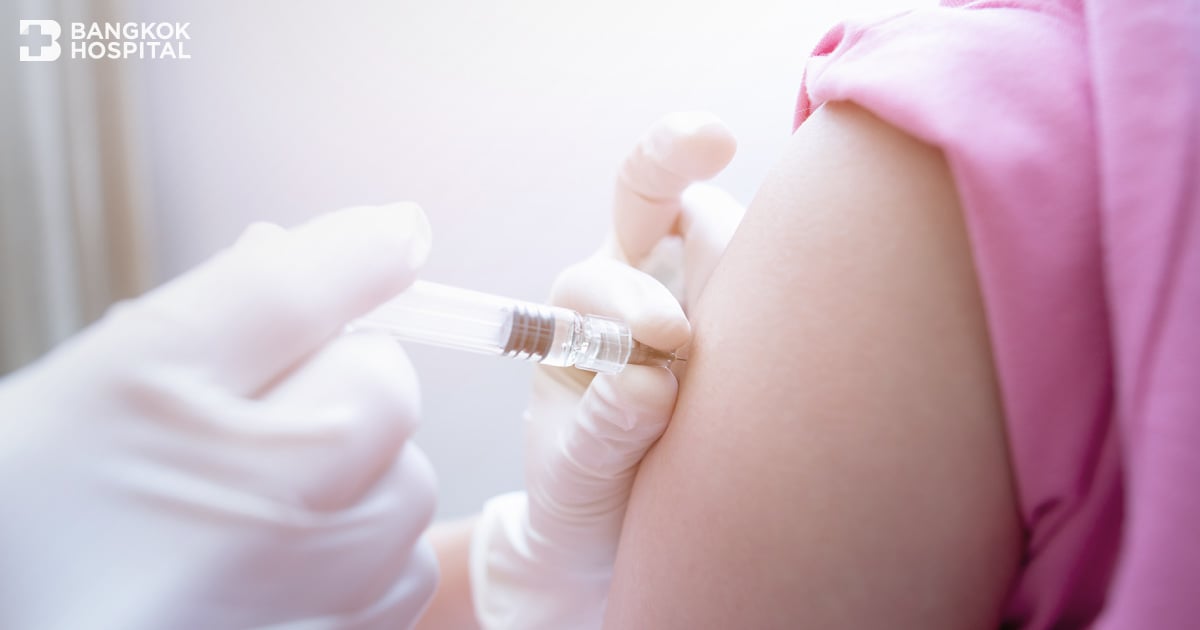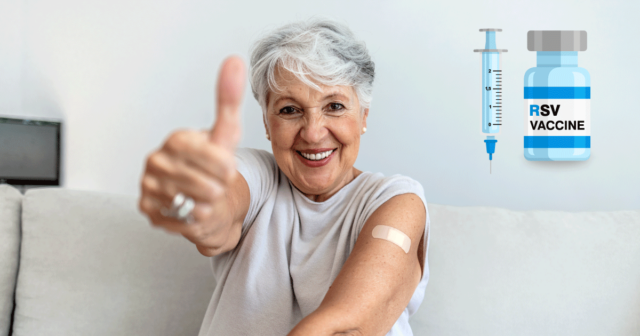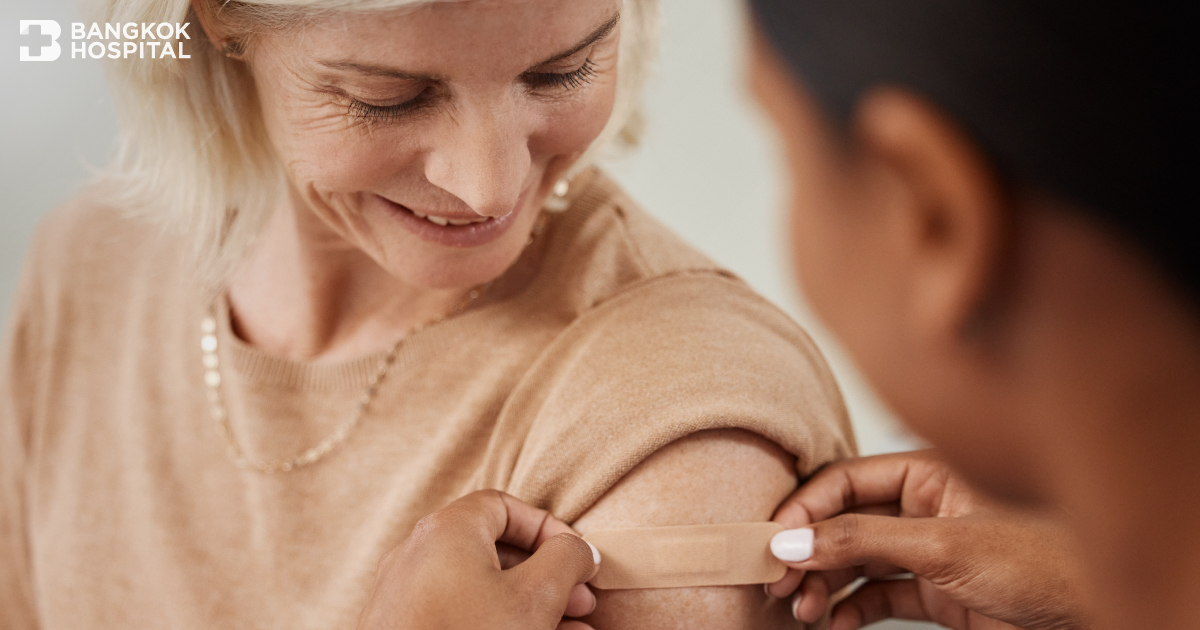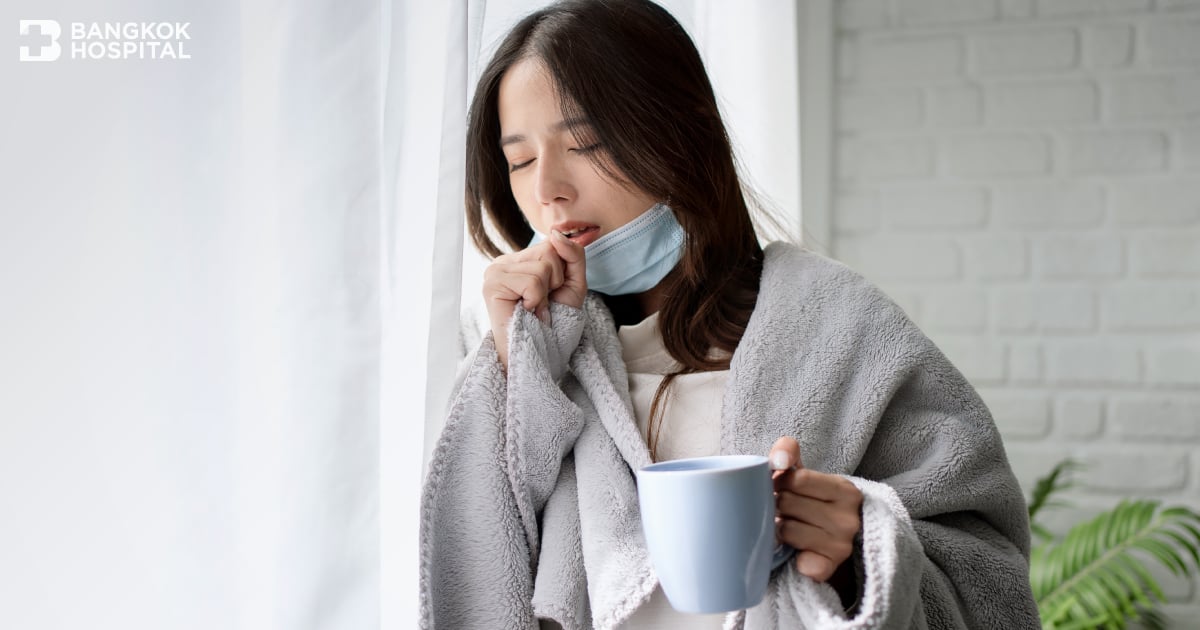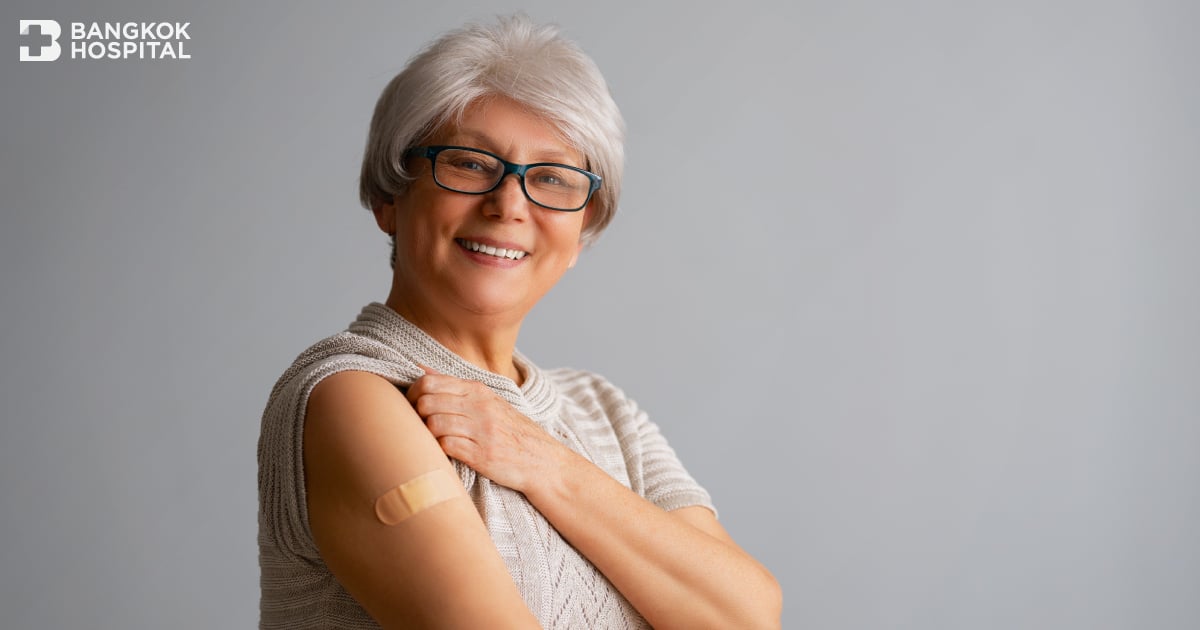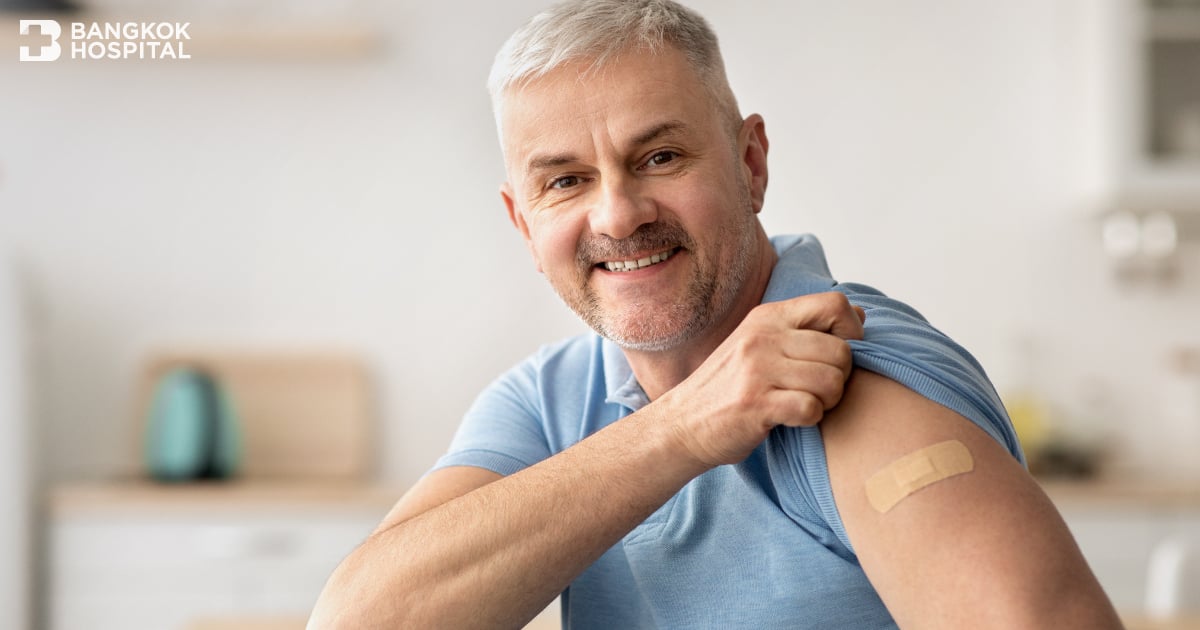Understanding HPV Vaccine
The HPV vaccine or the cervical cancer prevention vaccine is a vaccine to prevent HPV (Human Papilloma Virus) infection, a major cause of cervical cancer since HPV infection causes chronic inflammation and can lead to the transformation of cells into cancer cells.
HPV Strains
There are more than 40 strains of the HPV virus that cause cervical cancer, but the most commonly found risky strains are strains 16 and 18. The vaccine preventing these two strains can prevent up to 70% of cervical cancers and is called Cervarix. Another vaccine that prevents HPV strains 16 and 18 causing cervical cancer, and also prevents 2 strains of genital warts, strains 6 and 11, up to 95% is called Gardasil, which vaccine to choose should be consulted with a doctor.
Which HPV Vaccine is Best?
- The vaccine is most effective if given before having any sexual intercourse.
- Vaccinate while the body can develop good immunity, research shows that girls’ bodies develop good immunity against this virus between ages 9 – 15 years, allowing for just 2 doses of vaccine instead of 3 with the same efficacy.
- Women aged 9 – 26 years should get the HPV vaccine, aiming for ages 11 – 12 years.
- Boys aged 9 – 26 years can receive the quadrivalent HPV vaccine to prevent genital warts and anal cancer, targeting ages 11 – 12 years.
Correct HPV Vaccination
The HPV vaccine needs to be given in 3 full doses.
- Dose 1: Given on a chosen schedule.
- Dose 2: Given 1 – 2 months after the first dose.
- Dose 3: Given 6 months after the first dose.
***In girls, if the first dose is given before age 15, the vaccine can be given in just 2 doses, 6 – 12 months apart.
Benefits of the HPV Vaccine
- High efficacy in preventing HPV virus.
- Very few side effects, might include pain, swelling, itching, fever, headache, nausea, vomiting but can resolve on their own.
- Can be given along with cervical cancer screening.
- Prevents HPV virus in both women and men.
Who Should Not be Vaccinated with the HPV Vaccine
- Those who are hypersensitive to any component in the vaccine.
HPV virus not only causes cervical cancer but also vaginal, vulvar cancer, and genital warts, thus preventing diseases by getting complete HPV vaccinations from an early age can significantly help keep diseases at bay.

